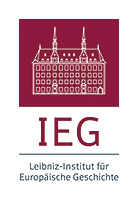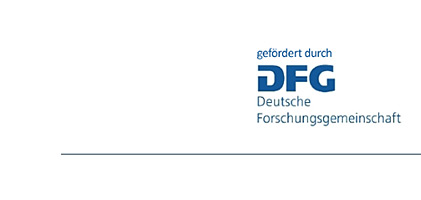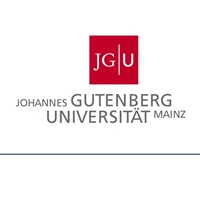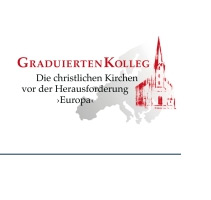|
Überblick Im Zentrum des Forschungsinteresses des Graduiertenkollegs steht die Frage, wie sich das christlich grundierte Gesellschaftsmodell vor der Folie der »europäischen Herausforderung« im »langen« 20. Jahrhundert entwickelte und veränderte. Die Arbeiten des Kollegs konzentrieren sich auf die Reaktionen der christlichen Kirchen, ihrer Organisationen und Trägerschichten auf den Gedanken der europäischen Einigung und den tatsächlichen Europäisierungsprozess, der seit den 1950er Jahren einsetzte. Zugleich wird in den Blick genommen, welche Veränderungen die »Herausforderung Europa« in den Kirchen selbst (institutionell, in der Formulierung und Wahrnehmung ihrer Aufgaben, in ihrer Selbstverortung) hervorbrachte. Dies integriert auch Fragen danach, wie und mit welchen Instrumenten die Kirchen und ihre Organisationen ihre ethischen und sozialen Ziele in die Politik der europäischen Institutionen einzubringen wussten. Während in der ersten Förderphase vorrangig Pionierstudien zu Einzelpersönlichkeiten und zu einigen orthodoxen Kirchen erstellt wurden, soll der Fokus in der zweiten Förderphase stärker auf Organisationen, auf die europäische Peripherie, die Spannung von Europa und Ökumene und die Wertediskussion gerichtet sein. Das Forschungsdesign wird, wie bisher schon und insofern bewährt, bestimmt durch einen breit gefächerten interdisziplinären Zugriff, der vor allem auch in der Betreuung der Kollegiaten zum Tragen kommt und der durch die internationale Zusammensetzung der Kollegiaten und die Einbindung ausländischer Experten in das Studienprogramm ergänzt und abgerundet wird. Die internationale Einbettung der Kollegiaten soll durch Auslandsaufenthalte gezielt weiter gefördert werden. |
Abstract The research training group’s central interest concerns the issue of how Christian models of social order developed and changed in the context of the challenge of »Europe« during the »long« twentieth century. More specifically, the research training group focuses, first, on the reactions of European Christian churches, their members and their related organisations to the idea of European unification and the actual process of European integration since the 1950s as well as, second, on the changes within the churches themselves as they faced the »European challenge« (whether with regard to their institutional structures or how they viewed and formulated their roles and positioned themselves in the process of Europeanization). First and foremost, addressing these issues involves answering a set of questions about the methods through which the social and ethical goals of the churches and allied groups influenced the policies of European institutions. While the emphasis during the first phase of funding was on conducting pioneering research into individual figures and various Orthodox churches, the second phase will see a stronger focus on organisations, the European periphery, the tensions between Europe and ecumenism and debates over values. The research plan will continue to be shaped by the same broad interdisciplinary approach that has hitherto proven so successful. This is most apparent in the supervision of the postgraduate researchers, but it is also supplemented and refined by the researchers’ own diverse national backgrounds as well as through the involvement of international experts in the research programme. Research abroad will also be supported, providing further assurance that postgraduates are embedded in an international context. (Übersetzt von Dr. John Wood) |
Ansprechpartnerin: Dr. Małgorzata Morawiec, E-Mail: grako@ieg-mainz.de




